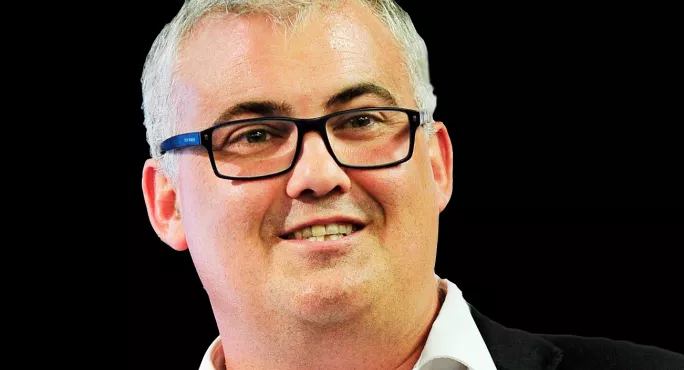Teaching is incredibly demanding: you are a resolver of conflicts, a performance-management consultant, a motivational speaker and more - and that’s before any of the actual teaching starts.
The increasing prevalence of social media in schools has further complicated the role. Earlier this month, figures showed that “sexting” cases involving children have more than doubled in two years. And at the last count, a staggering one in 10 children had a diagnosable mental health problem - about three in every classroom in the country.
Add the ever-increasing pressure to deliver exam success and new assessment metrics, and there is a clear argument that today’s teachers have more on their plate than ever before. The forthcoming Green Paper on children and young people’s mental health provides an opportunity to relieve some of that pressure.
Ambitious in scope and aspiration, it is billed as “a new Green Paper on children and young people’s mental health to set out plans to transform services in schools, universities and for families”.
Publication is imminent, and it is expected to ask schools and teachers to play their part in tackling children’s mental health problems. This is right. But at the same time, as a society we must examine ways in which these problems can be addressed earlier - before they escalate and have long-term impact on a child’s education and, indeed, life chances.
It is simply not reasonable to expect teachers to handle children’s mental health on their own - and offering mental health intervention only at school age, and in school, comes too late for many.
Parenting support
Which is why parenting support - simple sessions that help parents to help their children - must be part of the solution, and included as such in the Green Paper. The alternative is that the burden on teachers to tackle mental health problems in their pupils becomes exponentially greater.
Evidence-based parenting programmes are an important tool at our disposal to address these problems in our youngsters. Parents who are equipped with the means to recognise and address these issues can stop them escalating into something potentially much more serious. Let’s not forget that 75 per cent of mental health problems in adults began in childhood.
Supporting parents better would also save public funds by avoiding the need for more costly interventions at a later stage - as Conservative MP James Morris said in a parliamentary debate earlier this month, “the family is the crucible” and early intervention in mental health is “a policy no-brainer”.
But this is much more than an economic argument. When welcoming children who are happy and ready to learn when they enter school, teachers are able to do so much more of what they are best at - teach.
The prime minister’s stated aim is to transform mental health services for families, as well as in schools and universities, so there must be as much focus on the home and parenting as on education settings - if not more.
At present, parenting provision is patchy across the country. A Social Mobility Commission report this year said that parenting support today is little better now than it was in 1997.
This Green Paper, then, is the government’s chance to give parenting support the attention it deserves and to help to improve outcomes for families across the country.
As chief executive of Triple P UK, I see first-hand the impact that supporting parents can have. I meet parents who had despaired about the emotional wellbeing of their child, who, after benefitting from some simple parenting sessions, are now able to support that child with new confidence. There is a huge amount of evidence demonstrating these benefits, and this includes reducing rates of child behaviour problems in the classroom and conduct disorders and ADHD.
Decision-makers are taking notice. We have been delivering this message to local authorities and MPs all over the country, and earlier this week I was delighted to present to none other than HRH The Duchess of Cambridge at a School Leaders Forum organised by Place2Be, the leading national children’s mental health charitym at UBS Bank. The wheels of change are turning.
Teachers do an incredible job, but they can’t do it all. This Green Paper is a crucial chance to ensure that the government follows through on its commitment to transform mental health services for families, not just in education settings. It is a golden opportunity to move towards the long-held ambition of a truly integrated approach involving health and education agencies, and provide the best possible support to families - and teachers.
Matt Buttery is chief executive of Triple P UK (the Positive Parenting Program)
Want to keep up with the latest education news and opinion? Follow Tes on Twitter and Instagram, and like Tes on Facebook
